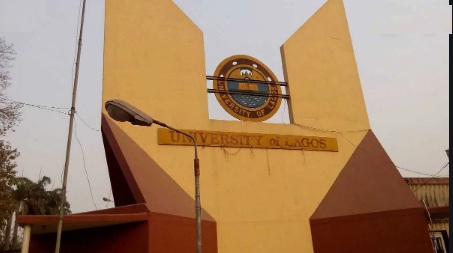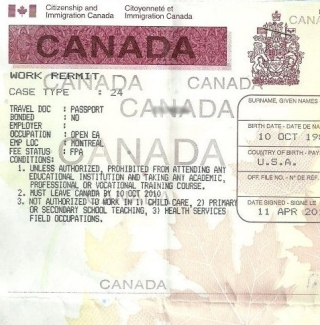Canada Discontinues SDS, NSE Programmes for Nigeria, Other High-Demand Countries


As of 8th November 2024, Canada has officially ended the Student Direct Stream (SDS) and Nigeria Student Express (NSE) visa programmes.
Under this new policy, applicants from countries previously eligible for these expedited visa streams will now be required to apply through the standard study permit process, potentially resulting in longer processing times.
Immigration News Canada (INC) reports that the Canadian government’s decision to end the SDS and NSE visa programmes aims to enhance the fairness and integrity of its immigration system. By removing these specialised routes, the government seeks to streamline the study permit application process, ensuring equal opportunities for applicants from all nations.
According to Immigration, Refugees and Citizenship Canada (IRCC), this decision will help address system vulnerabilities, such as fraud and exploitation, by establishing a consistent review process for all applicants. The policy promotes fairness and transparency by holding all international students to the same set of standards.
The Nigeria Student Express (NSE) programme was originally introduced to meet the high demand from Nigerian students seeking to study in Canada, providing a faster route for obtaining study permits. As of November 8, 2024, however, new applicants from Nigeria will need to apply through the regular study permit process, along with students from other countries.
With the termination of the SDS and NSE programmes, students can still provide Guaranteed Investment Certificates (GICs) or other financial documents to demonstrate their ability to cover tuition and living expenses, as was previously required. The main application criteria, including financial, academic, and language proficiency requirements set by IRCC, remain unchanged.
For students who submitted applications before the 8th November 2024 deadline at 2:00 p.m. ET, IRCC will continue processing those applications under the previous SDS or NSE guidelines, allowing them to retain the benefits of faster processing.
The policy change means students from high-demand countries like Nigeria and India, who previously benefitted from faster visa processing times, will now be subject to standard processing. While students from these regions can still apply for study permits, they must go through the regular application route.
INC advises prospective students to gather all required documentation, including proof of financial support, and to keep up-to-date with any future changes by visiting the IRCC website regularly.
Students who applied under the SDS or NSE schemes before the November 8th deadline will have their applications processed according to the former guidelines, ensuring that they retain the benefits of expedited processing during this transition period.









